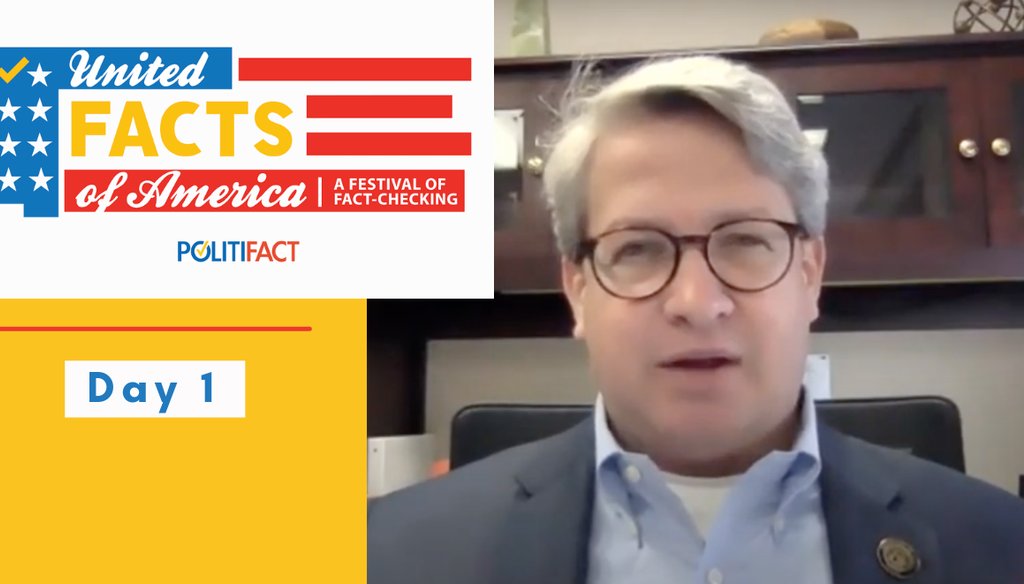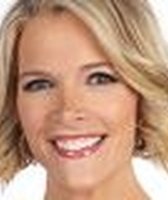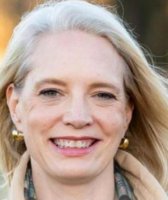Stand up for the facts!
Our only agenda is to publish the truth so you can be an informed participant in democracy.
We need your help.
I would like to contribute

Georgia elections official Gabriel Sterling shared why he decided to fact-check then-President Donald Trump over false allegations about the integrity of Georgia’s election. (PolitiFact)
If Your Time is short
-
Leading fact-checkers, journalists and others participated in the first day of United Facts of America: A Festival of Fact-Checking, a four-day event to discuss the role of facts in our democracy.
-
Brian Stelter, CNN’s chief media correspondent, and Charles Sykes, founder and editor-at-large of The Bulwark, a conservative political analysis website, praised fact-checkers for fighting disinformation and called for more fact-checking.
-
Georgia elections official Gabriel Sterling shared why he decided to fact-check then-President Donald Trump over false allegations about the integrity of Georgia’s election.
In the wake of Donald Trump’s presidency, disinformation continues to deceive some Americans and threaten democracy, but most citizens still seek the truth and fact-checkers are offering a crucial public service, two experts said Monday at United Facts of America: A Festival of Fact-Checking.
"I think the vast majority of Americans saw through Trump’s lies, they see through most of the nonsense that we hear from the Tucker Carlsons of the world," said Brian Stelter, CNN’s chief media correspondent, referring to the Fox News talk show host. "They also see through some of the left-wing nonsense that you all fact-check. Most people do have a good B.S. detector. Clearly not all, but I think most people do."
He added: "I think (fact-checkers) ran the equivalent of multiple marathons in the past few years. I think that those marathons have won over a lot of supporters and people are cheering on this movement and wanting more of it."
Charles Sykes, founder and editor-at-large of The Bulwark, a conservative political analysis website, also called for more fact-checking. "I think that when it comes to issues like (COVID-19 vaccines), to be able to put in the hands of news consumers valuable, accurate information, is an incredibly important thing right now," he said.
The four-day virtual festival, May 10 to May 13, brings together leading fact-checkers, journalists, health care professionals and technology leaders to discuss the role of facts in our democracy. It is produced by PolitiFact and the Poynter Institute, a nonprofit school for journalists that owns PolitiFact.
Sykes, an MSNBC contributor and former longtime radio talk show host in Milwaukee, described the COVID-19 pandemic as a singularly important time in the spreading of falsehoods.
"When you tell the story of this period, this is going to be the capstone of it. And it led to what? More than a half-million Americans dying," said Sykes, who has been a critic of PolitiFact.
"And yet even with that, you have the Fox News hosts and many others and United States senators who are lying about all of this. And I think that this is one of those moments when you want to be aggressive in saying, this person is lying, this person is being radically reckless and irresponsible, that there is a depraved indifference to human life, this would be it."
Stelter, host of CNN’s "Reliable Sources," said that "in lots of small ways every day, journalists are winning trust back" from the public.
"That ultimately is why I’m an optimist, even though we live in an age of a horribly poisoned information universe," he said. "But when I look around, I see people seeking out real news everywhere I go, trying to figure out what is actually true, trying to cut through the clutter and the crap. It’s not easy and certainly we make it harder for ourselves in these newsrooms by screwing up sometimes. But it’s that effort of trying every day that I think does win people over and does earn back some trust."
Stelter and Sykes were interviewed by PolitiFact editor-in-chief Angie Drobnic Holan.
Also appearing was Gabriel Sterling, a Republican Georgia elections official who fact-checked Trump’s false allegations about the integrity of the 2020 presidential election in Georgia at a Jan. 4 news conference.
"I didn’t know what I was going to say and I didn’t know I was going to call out the president so specifically as I did," said Sterling, who is the chief operating officer for the Georgia secretary of state.
"It was the right thing to do. I said at the time, this was the election, this is the backbone of all of democracy."
Sterling was asked by Atlanta Journal-Constitution Washington correspondent Tia Mitchell if Trump’s "Stop the Steal" campaign was the same as Democrat Stacey Abrams’ refusal to concede when she lost the 2018 campaign for Georgia governor. He replied: "I’ve said this at that same podium: For those of you who love me saying there was no widespread voter fraud, by the same breath, I know there was no widespread voter suppression."
Sterling said that when either political party tells its supporters that an election "was taken from you," it undermines faith in the system.
"What they’re doing is they’re making more of an enemy out of those people who live down the street from them who go to the same grocery stores that they do. And at a time when social media is becoming ever more anti-social, and our enemies are out there with bots just accelerating even more, taking disinformation and spreading it more," he said.
"Giving breath and oxygen to this, from people who are in positions of responsibility — what we need is adults in the room to bring the rhetoric down and look at what are the things we can do to make people have that faith and understanding of the system."
Leading fact-checkers were asked about criticism they get from Facebook users when users see posts in their feeds that have been flagged as false or misleading. The users are given the option to read the original post or to click on a fact-check.
"In the end, what we’re providing is more information for users on Facebook," said Eugene Kiely, director of FactCheck.org. "I don’t see the harm in that and they shouldn’t either, but of course, they feel that they are being personally attacked by it and they’ll lash out at us fact-checkers."
FactCheck.org, PolitiFact and other fact-checking organizations have a partnership with Facebook to fact-check flagged posts as part of Facebook’s efforts to combat false news and misinformation on its News Feed. (Read more about our partnership with Facebook.)
Katie Sanders, managing editor of PolitiFact, said that "to an extent I empathize with" Facebook users who complain about their posts being flagged with fact checks.
"I do hear them, but I think it’s also important to remember that their content, for the most part, is still being allowed to stay up," she said. "I know the flag is what ticks people off. But the platform has actually come under more scrutiny for not being aggressive enough in terms of taking down misinformation."
Glenn Kessler, editor and chief writer of The Fact Checker at the Washington Post, which is not part of the partnership, was asked about getting readers to trust fact-checkers.
"Well, it’s definitely a problem," he said.
"Social science research shows that people are more apt to accept things that confirm what they already believe, and that’s just human nature. So, as fact-checkers, you’re up against a tide that, if you skewer someone on the left, then people on the left are not going to be readily accepting it and people on the right will embrace it, and then vice-versa if you skewer someone on the right.
"I don’t think there’s any way to get around that," he said. "You just have to kind of pound away and hope that your fact-checks have enough of a reach or are compelling enough that you convince at least a small portion of the people that this is something that is bogus."
Tuesday’s schedule includes an interview with Dr. Anthony Fauci, director of the National Institute of Allergy and Infectious Diseases and a leading voice on COVID-19.
Join PolitiFact’s LIVE festival of fact-checking, now through May 13! Register today >>
Our Sources
Live Zoom feed from United Facts of America: A Festival of Fact-Checking, May 10, 2021


























